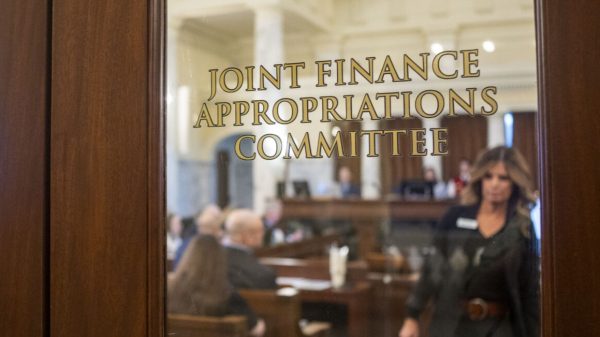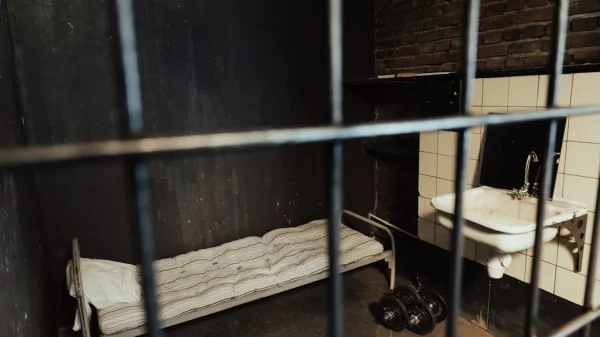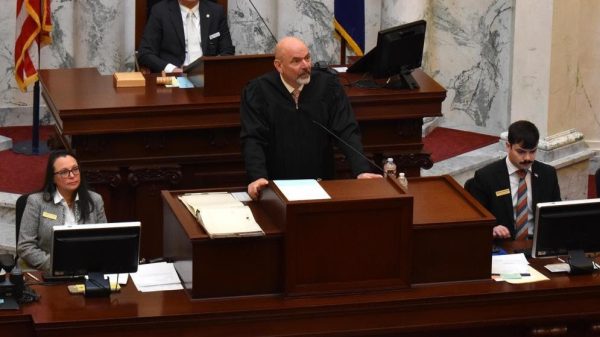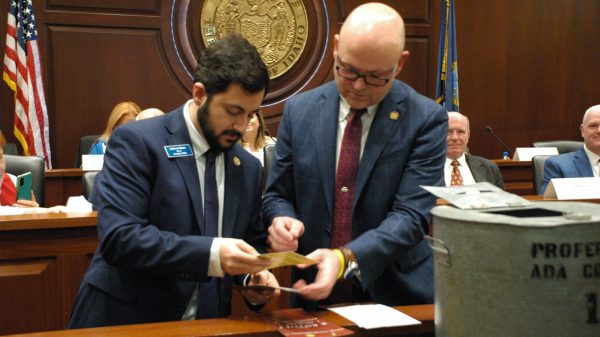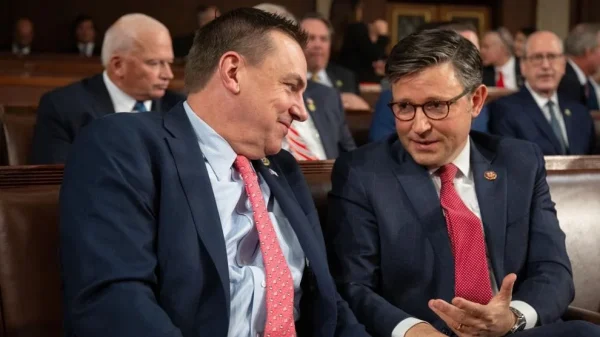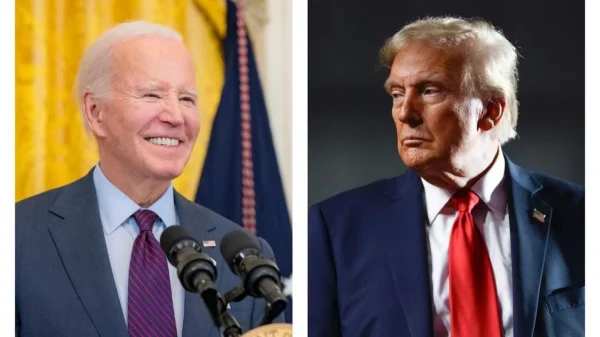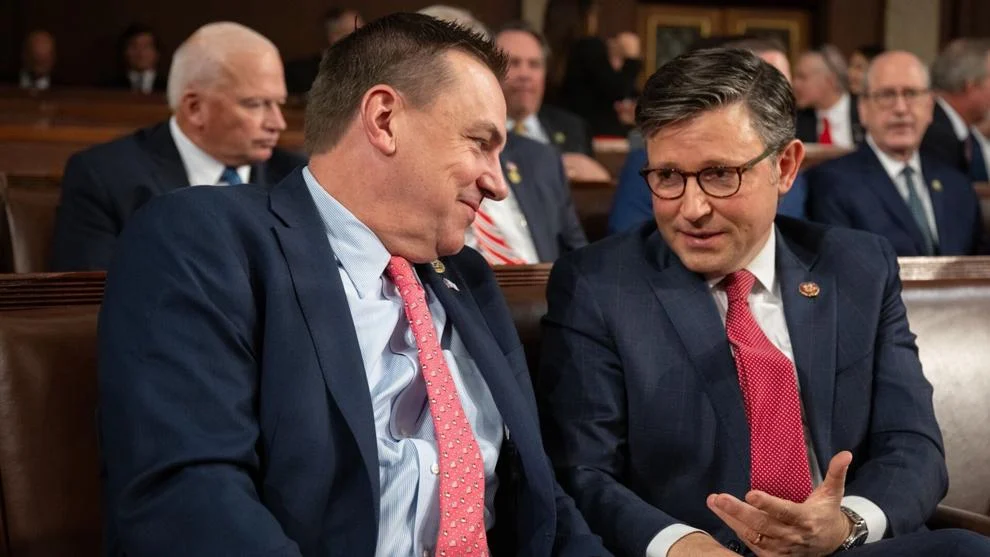(Washington D.C.), U.S. House Speaker Mike Johnson, R-La., is scrambling to assemble a budget reconciliation package with President Donald Trump’s key agenda items, including border security, national defense and energy funding.
Johnson also wants the resolution to include the extension of Trump’s 2017 Tax Cuts and Jobs Act – estimated to cost more than $4 trillion over the next 10 years if renewed – but his efforts have so far stalled due to Republican hardliners in the House.
Fiscal hawks on the House Budget Committee, like Rep. Chip Roy, R-Texas, rejected Johnson’s initial reconciliation package that included all of Trump’s major agenda goals, including the tax cut extension, but less than $700 billion in offsetting spending cuts.
These Republicans have indicated they won’t vote for a reconciliation package that renews the Trump tax cuts unless it includes at least $1 trillion in cuts to partially offset the extension.
In the meantime, Republicans have reportedly been haggling over cuts to some federal programs in order to finance all of Trump’s campaign promises.
A fast-approaching government shutdown requires Congress to pass a resolution by March 14. The 118th Congress had already punted the deadline for a second time in December by passing a Continuing Resolution instead.
Further complicating the matter, Republicans in the Senate have gotten tired of waiting for the representatives to hash things out.
Rejecting the one-bill approach, Senate Budget Committee Chair Lindsey Graham, R-S.C., just introduced a fully offset $342 billion budget resolution that puts off extending the Trump tax cuts for a second bill later in the year.
The 61-page bill unveiled Friday would include funding for Trump’s defense, energy and border priorities while leaving the tax cuts extension for a later budget package.
“I have tremendous respect for Speaker Johnson, Chairman Smith and my House Republican colleagues,” Graham said on X Friday afternoon. “I hope the House will move forward soon, but we cannot allow this moment to pass, and we cannot let President Trump’s America First Agenda stall.”
Many Republicans fear this approach could jeopardize the tax cuts, with both Democrats and members of their own party becoming increasingly unwilling to sign off on big spending bills.
The national debt, currently more than $36 trillion, grew by $2.5 trillion in fiscal year 2024 alone and is projected to reach $40.9 trillion by 2027.












